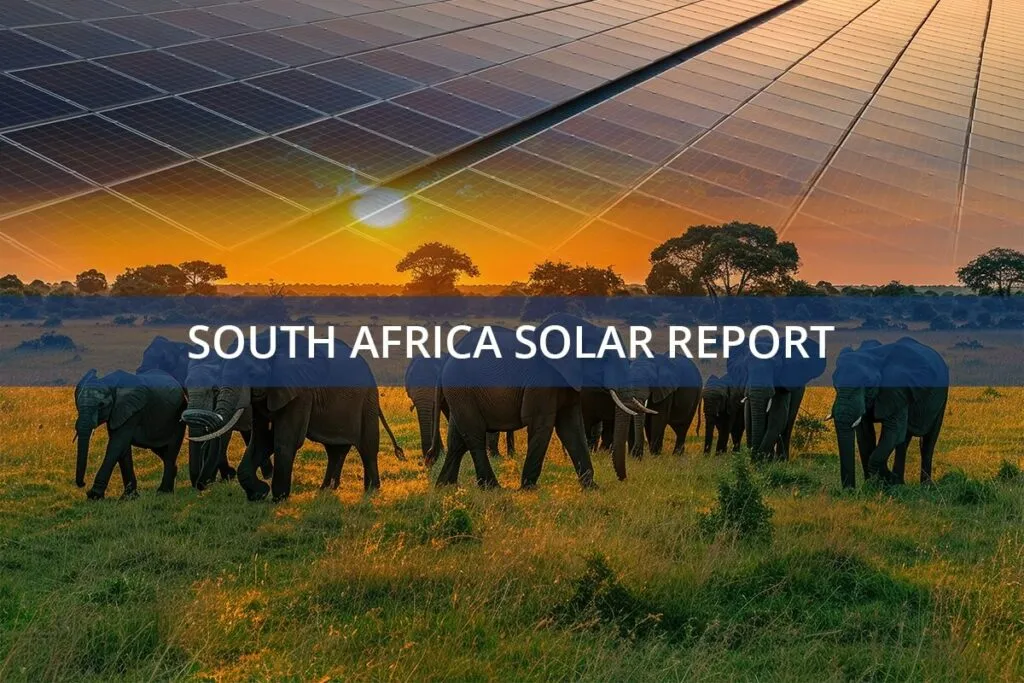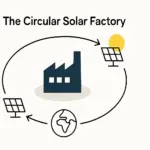South Africa energy investments reach 44.2 Billion Rand in new national plan
South Africa has unveiled a significant energy investment plan, allocating 44.2 billion rand ($2.3 billion) to a diverse portfolio of projects aimed at enhancing the country’s energy infrastructure. This major alternative energy investment—which includes gas, solar, wind, and energy storage initiatives—marks a critical step toward addressing South Africa’s persistent energy challenges and is key Africa energy investment news.
A Closer Look at Funding and Key Projects
The plan directs substantial funding toward gas-fired power plants, solar and wind projects, and energy storage facilities. Notably, Eskom Holdings SOC Ltd., the state-owned power utility, will contribute R24 billion toward expanding the Gourikwa and Ankerlig gas-fired power plants. This expansion is expected to add 1,050 megawatts of capacity to the grid, providing much-needed relief for the country’s strained electricity supply.
Alongside the gas plants, the plan commits R8.9 billion to constructing solar, wind, and battery energy storage systems. These projects are essential for diversifying South Africa’s energy mix and reducing its reliance on coal, which currently generates approximately 80% of the country’s electricity.
Renewable Investments to Drive Wind, Solar, and Hydrogen Growth
A further R5.3 billion in private-sector investment has been announced for the construction of new wind and solar power plants. These plants are designed to help the country increase its renewable energy capacity and reduce greenhouse gas emissions.
In Limpopo province, a R6 billion green hydrogen project will be bolstered by the construction of a dedicated solar power plant. This initiative, led by Hive Hydrogen, aims to produce green hydrogen from renewable sources, positioning South Africa as a potential leader in the global green hydrogen market.
International Support Fuels Investments Through JETP
These initiatives are backed by South Africa’s Just Energy Transition Partnership (JETP) Investment Plan, which details how the nation will spend the $8.5 billion pledged by the U.S., UK, Germany, France, and the European Union. This funding supports a broader effort to guide South Africa’s transition to a low-carbon economy and mitigate the impacts of climate change.
President Cyril Ramaphosa affirmed his commitment to the Just Energy Transition, stating that the projects will help the country move toward a more sustainable and inclusive energy system. “The investments we are making today will lay the foundation for a cleaner, more resilient energy future for South Africa,” he said.
Challenges and Opportunities in South Africa’s Energy Strategy
While the investment plan is a significant step forward, South Africa still faces numerous challenges in its energy transition. The country’s power system is plagued by frequent blackouts—known locally as “load-shedding”—that have become a major impediment to economic growth.
Eskom’s aging fleet of coal-fired power plants is a major contributor to the problem, as the utility has struggled to maintain a reliable electricity supply. The government’s focus on expanding gas-fired power and renewable energy is a crucial strategy for tackling these issues.
At the same time, the plan presents significant opportunities. Developing renewable energy and green hydrogen initiatives could create thousands of jobs, stimulate economic growth, and position South Africa as a leader in the global transition to clean energy.
Shaping South Africa’s Long-Term Energy Future
This 44.2 billion rand investment plan is a milestone in South Africa’s journey toward a more sustainable energy future. By expanding its infrastructure and increasing renewable capacity, the country is taking decisive action to address its energy challenges and reduce its carbon footprint.
As South Africa moves forward, it will be essential to build on this progress while addressing the challenges that remain. Successful implementation of the investment plan is critical for the nation’s long-term energy security, economic growth, and environmental sustainability.



